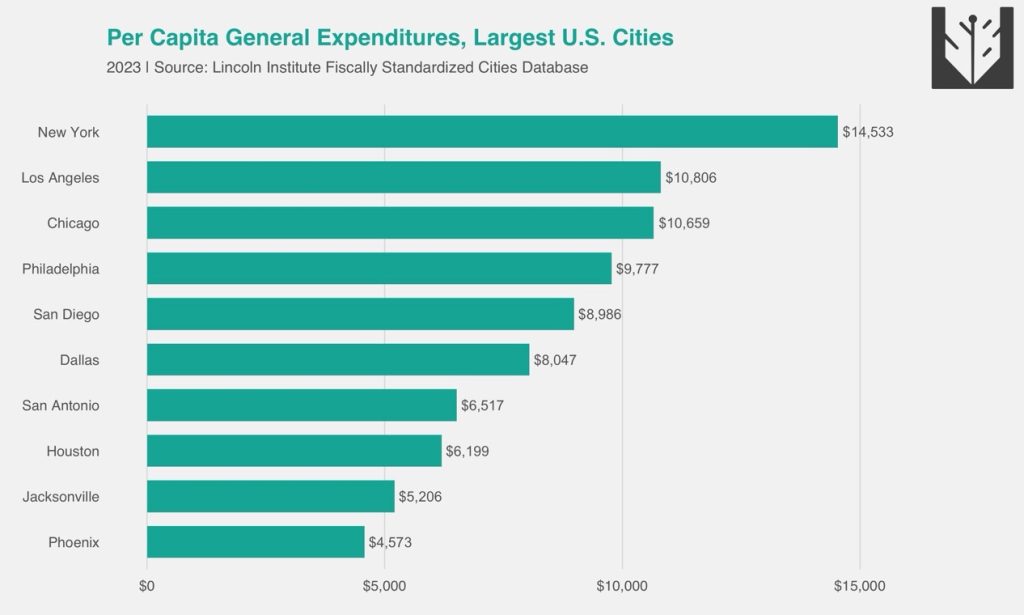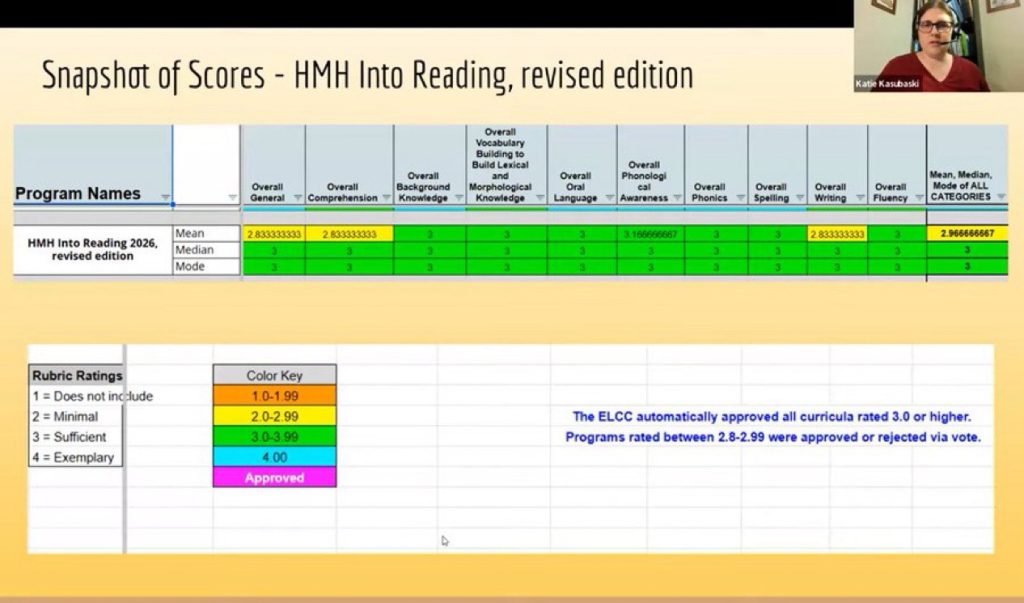The three top spellers advanced to the Badger State Spelling Bee on March 21, so Barnhill will be joined by Joanne Aldoori of Madinah Academy, who placed second, and third-place finisher Ignatius Fassino of St. Ambrose Academy.
Casey Barnhill found his spelling bee victory cradled between Colombia, Peru and the Pacific Ocean. The Velma B. Hamilton Middle School student took first place after correctly spelling “Ecuador.”
Barnhill was one of 41 students vying for the title of Madison’s star speller Saturday at Madison College’s Mitby Theater.
“I’m feeling good because I got second place last year,” he said. “I got out last year on definition.”
The three top spellers advanced to the Badger State Spelling Bee on March 21, so Barnhill will be joined by Joanne Aldoori of Madinah Academy, who placed second, and third-place finisher Ignatius Fassino of St. Ambrose Academy.
———
A.B.T.: “Ain’t been taught.”
8,897 (!) Madison 4k to 3rd grade students scored lower than 75% of the students in the national comparison group during the 2024-2025 school year.
Madison taxpayers have long supported far above average (now > $26,000 per student) K-12 tax & spending practices. This, despite long term, disastrous reading results.
Madison Schools: More $, No Accountability
The taxpayer funded Madison School District long used Reading Recovery…
The data clearly indicate that being able to read is not a requirement for graduation at (Madison) East, especially if you are black or Hispanic”
My Question to Wisconsin Governor Tony Evers on Teacher Mulligans and our Disastrous Reading Results
2017: West High Reading Interventionist Teacher’s Remarks to the School Board on Madison’s Disastrous Reading Results
Madison’s taxpayer supported K-12 school district, despite spending far more than most, has long tolerated disastrous reading results.
“An emphasis on adult employment”
Wisconsin Public Policy Forum Madison School District Report[PDF]
WEAC: $1.57 million for Four Wisconsin Senators
Friday Afternoon Veto: Governor Evers Rejects AB446/SB454; an effort to address our long term, disastrous reading results
Booked, but can’t read (Madison): functional literacy, National citizenship and the new face of Dred Scott in the age of mass incarceration.
When A Stands for Average: Students at the UW-Madison School of Education Receive Sky-High Grades. How Smart is That?
Legislative Letter to Jill Underly on Wisconsin Literacy




